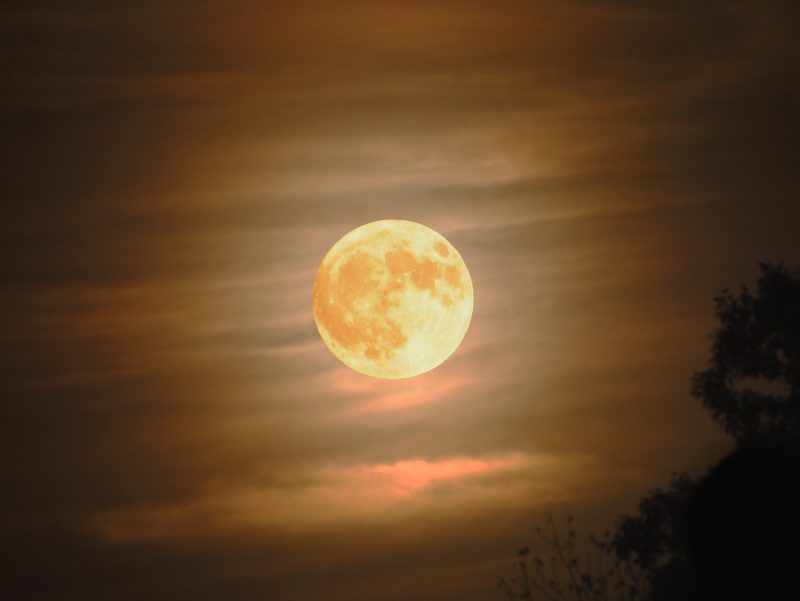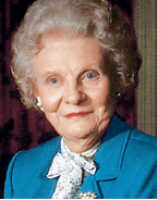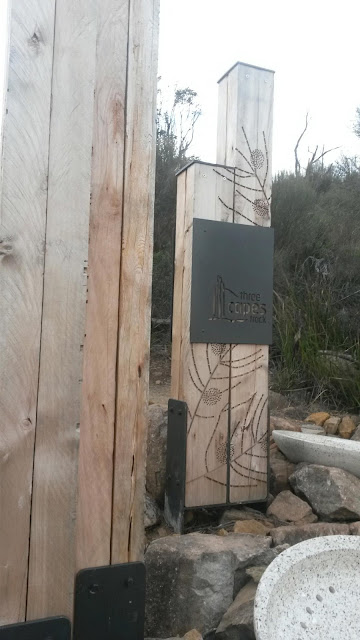The phone rang late. My parents were off at an ice hockey game and the "this is it" thought crossed my mind when I saw the caller id. My mom's voice wavered. "John has had an accident and can't drive his car. We are going to take him home." It would have been a longish drive at night. In that instant I got worried.
"Just come here and I'll drive you over there." I replied. Their fancy sedan pulled up moments later. John in the front seat. 90 years old, a bit discombobulated, rattling off the list of things that were on his schedule for tomorrow but now had to cancel. His daughter was coming up in the afternoon. He shuffled papers in his hands. He'd lost his glasses. It was so late. The home team lost the game.
My folks spent a few minutes getting John settled into his house. He lived alone in the place he'd bought with his wife and my mom's close friend, who died a couple of years ago. Mom and Dad debriefed me on the way home. The car was totaled. He'd hit the bus of the visiting team while backing out of a parking space. A woman was injured. "What would come of him?Will they let him drive again? He's stuck so far out here." My mom wondered. For John, the accident was a milestone, a moment of profound change.
Last year at this time, I was flying to Singapore at midnight like Santa on Christmas Eve. I spent 4 nights in the city for under $500, spent days hiking urban trails and exploring an island, saw The Force Awakens. In 2011, I was parading around the Buddhist school playground in a Santa costume leading the children in robust refrains of Jingle Bells. I was reminded, via Facebook, that 7 years ago I was bundled up around a campfire celebrating the Solstice in Alaska.
 |
| http://www.happymelly.com/navigating-organizational-change-a-model/ |
Now, everything is different. For the first time since 1990, I am not traveling through multiple time zones to celebrate the holidays with the family. This is a very safe and comforting life. I am insulated with extra holiday pounds, overcooked vegetables and someone else doing snow removal. In this stasis week between major holidays and the upcoming end to the seasonal retail gig, I am unsettled and uncertain about what will emerge next. I'm grateful for the space-- in this condo community with my parents--to find the right fit and continue to look for righteous work without too many financial pressures. I am experiencing a life change that feels like a long simmering of beans cooking in the late winter afternoon, ripening of fruit, the growth of a tree.

In early December I attended a webinar with Glenda Eoyang of the Human Systems Dynamics Institute on life changes. She started with her impression that her life would be a trajectory, a cumulative ascent of marriage, children, salaries, and houses. The change model of tidal charts and moon phases, gentle periods of fullness and emptiness, works for some folk. Glenda looks at change differently-- that the process of builds slowly, like the pressures of shifting tectonic plates and barometric pressures and culminates with a dramatic release of earthquakes and tumultuous storms.
I don't know where I sit on these models, but I suspect I am wallowing in a steep valley in the dark time. As easy as this life should be, it feels a little uncomfortable. I still haven't hit the right gear for the upward climb. In just a couple of weeks, I may be unemployed in an American society with a bombastic, reactive, likely corrupt and wholly unattractive and unhappy leader with his band of gleeful billionaires ready to disrupt the tenets of civil society. Time to buckle up, shift into a lower gear and keep the foot on the gas.
















































